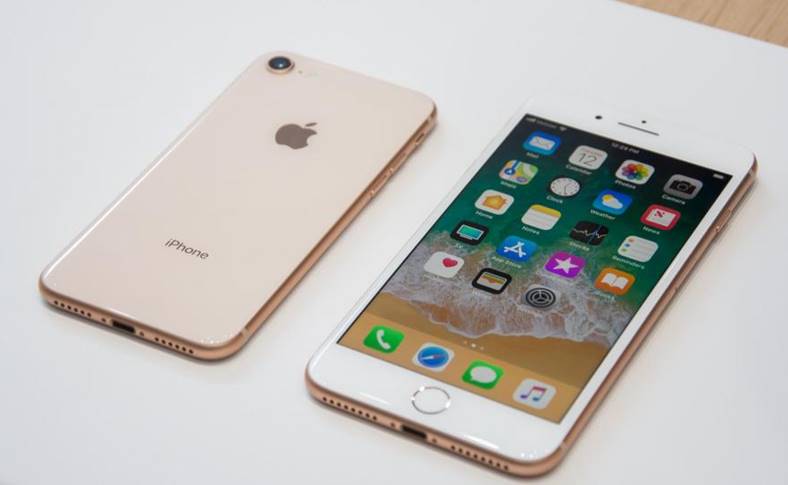Apple a suferit o infrangere usturatoare intr-un proces din Norvegia, iar ecoul sau ar putea fi de foarte bun augur pentru consumatorii de pe intregul continent european, daca hotararea finala va ramane la fel precum cea din prima instanta. In 2017 Apple a actionat in judecata patronul unui service GSM dupa ce acesta a comandat din China ecrane reconditionate pentru iPhone, care au fost confiscate la granita norvegiana la cererea Apple.
Apple l-a acuzat pe norvegian ca ii incalca brevetele de marca pentru ca foloseste piese non-originale in reparatiile facute pentru iPhone, acestea fiind cumparate de la diverse companii din Asia. Ecranele erau reconditionate folosind componente din ecrane originale, insa Apple a considerat ca piesele sunt de fapt contrafacute si i-a cerut barbatului sa plateasca o amenda de aproximativ 3000 de euro si sa semneze un document prin care se obliga sa nu mai cumpere asemenea piese.
Apple – infrangere usturatoare intr-un proces important din Europa
Barbatul a refuzat si a fost dat in judecata de Apple, unde in prima instanta compania americana a pierdut, judecatorul negasind vreo logica, sau utilitate, in plasarea logo-ului Apple pe componentele din iPhone. Judecatorul a hotarat ca legea norvegiana nu interzice folosirea de piese reconditionate atat timp cat ele sunt 100% compatibile cu produsele in care ajung, iar ca brevetele marca nu pot proteja componentele deoarece protectia lor nu se poate aplica pentru acestea.
“The court decided that Norwegian law “does not prohibit a Norwegian mobile repair person from importing mobile screens from Asian manufacturers that are 100 percent compatible and completely identical to Apple’s own iPhone screens, so long as Apple’s trademark is not applied to the product. It is not obvious to the court what trademark function justifies Apple’s choice of imprinting the Apple logo on so many internal components.”
Procesul este unul extrem de important, deoarece daca este castigat, ar putea convinge si deschiderea altora in alte tari, poate chiar permiterea repararii produselor Apple si in afara service-urilor autorizate, atat timp cat componentele sunt compatibile, fara a pierde garantia. Apple este implicata intr-o asemenea batalie in SUA, insa ar putea avea una similara si pe continentul european daca in Norvegia s-ar stabili un precedent care arata ca restrictiile sale sunt nejustificate.






















